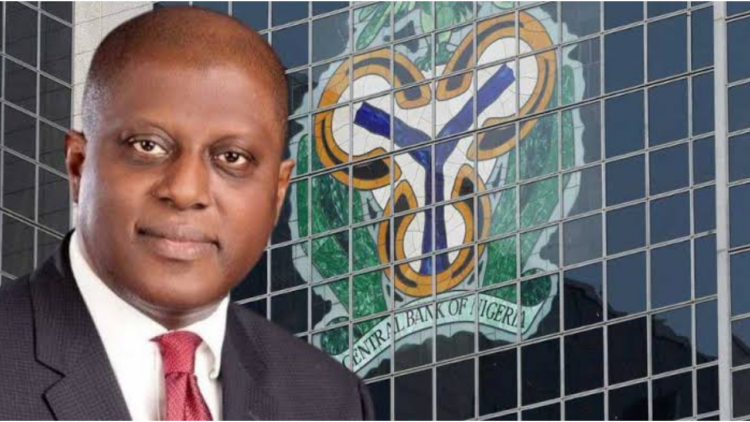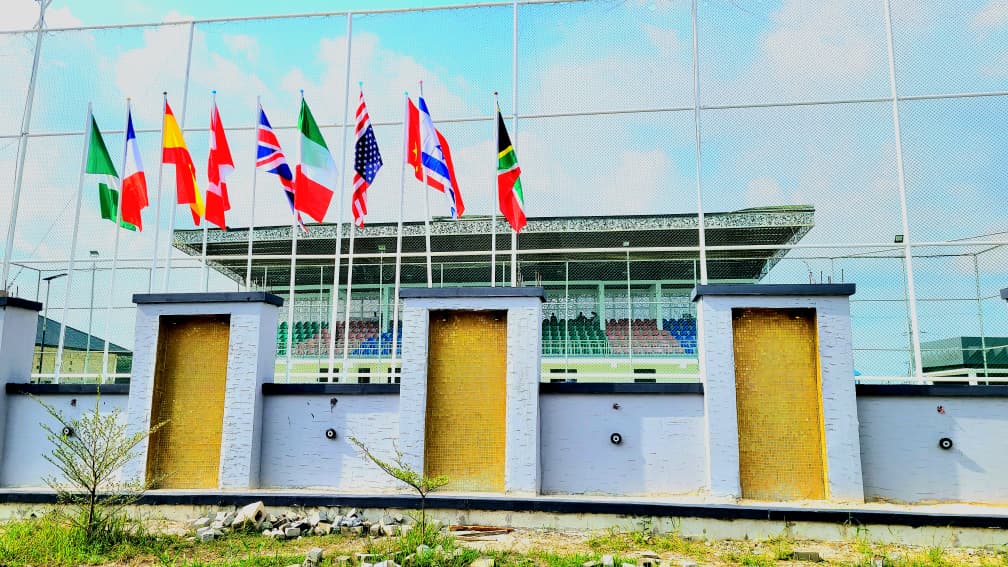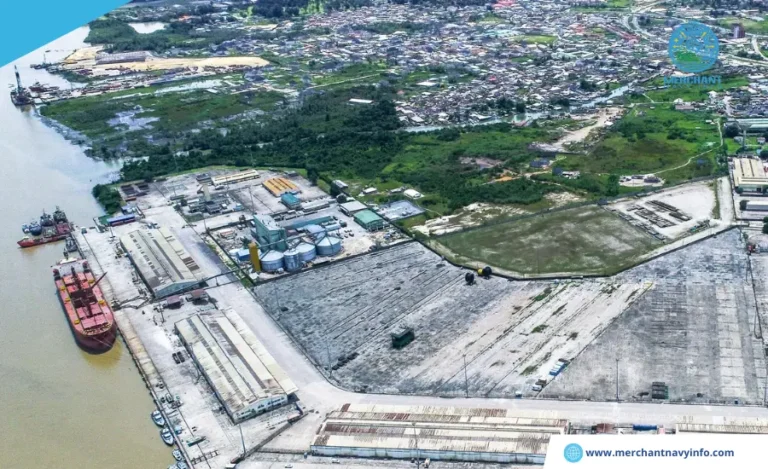BANK RECAPITALISATION: In Pursuit of the One Trillion Dollars Economy By 2030

Did you know that before 2024, two main phases of Nigeria banking reforms occurred in 2004 and 2009, with the former resulting in the reduction of the number of banks from 89 to 25 in 2006?
The Olayemi Cardoso-led Central Bank of Nigeria, through its Acting Director, Corporate Communications, Sidi Ali, in Abuja, on Thursday, March 28, 2024, announced new guidelines on its recapitalisation policy for banks, directing commercial banks with international authorisation to increase their capital base to ₦500bn and national banks to ₦200bn, while those with regional authorization is ₦50bn. Non-interest banks with national and regional authorisations will need to increase their capital to ₦20bn and ₦10bn, respectively.
According to Businessday, bank recapitalisation, which is the act of beefing up the long-term capital of a bank to the level that is at least required by the monetary authorities, is to ensure the security of shareholders’ funds and a strategy to improve its financial stability or overhaul its financial structure, with the main objective, as stated by the Central Bank of Nigeria (CBN), is to mitigate the crises in the financial sector.
A history of bank recapitalisation in Nigeria shows that the Nigerian banking sector has undergone numerous reforms since 1952, with a recurring theme of increasing the minimum paid-up capital requirement. Nigeria banking reform can be divided into two main phases, 2004 and 2009. Each phase had significant economic effects.
For instance, in 2004, the CBN announced a significant recapitalization of the banking sector, raising the minimum capital requirement from ₦2 billion to ₦25 billion, effective December 31, 2005. This substantial increase in capital requirements led to a dramatic consolidation of the industry, reducing the number of banks from 89 to 25 in 2006.
The consolidation process involved mergers and acquisitions, with some banks merging and others being absorbed by stronger institutions. The 2006 consolidation aimed to enhance the efficiency and profitability of Nigerian banks thereby fostering economic growth.
The apex bank, apart from capitalization also invested in banking automation, which enhances banking returns. The reform established a reporting portal for bank customers for the purpose of information sharing. Under this reform, deposits from the public sector and government-owned agencies can be collected by commercial banks in order to enhance their level of liquidity.
Despite the recapitalisation efforts, the Nigerian banking sector was not immune to the global financial crisis that erupted in 2008. Triggered by the subprime mortgage meltdown in the United States in August 2007, the global financial crisis sent shockwaves through the European financial system, with ripple effects extending to developing economies, particularly oil-exporting nations like Nigeria.
A surge in stock market panic prompted investors to liquidate their holdings to cover loan obligations, triggering a precipitous decline in the Nigerian stock market. The stock market crash not only eroded the financial performance of several banks but also amplified their risk exposure.
On the 2009 reform, the Asset Management Corporation of Nigeria (AMCON) was established by the National Assembly to acquire non-performing loans of commercial banks. The financing of AMCON is composed of a ₦50 billion CBN fund and 0.3% of total assets of participating commercial banks. It also supports the implementation of International Financial Reporting Standards (IFRS) for global reporting compliance in terms of reporting. This reform reviewed the universal banking model by restricting commercial banks to banking activities only. The reform also addresses excessive banking interest by the creation of a non-interest bank.
Fast forward to 2024, Cardoso, who earlier at the 58th Annual Bankers’ Dinner night organised by the Chartered Institute of Bankers of Nigeria (CIBN) on Friday, November 24, 2023, in Lagos, hinted that President Bola Ahmed Tinubu in his Policy Advisory Council report on the national economy, had set an ambitious goal of achieving a Gross Domestic Product (GDP) of one trillion dollars by 2030, with clearly defined priority areas and strategies.
According to the CBN Governor, it is important that banks have a role to play in the anticipated one trillion dollars economy by 2030, and so, going by the huge developmental role the apex bank would want the banks to play in the next seven years, it had become imperative to demand their recapitalisation as Nigeria needed to experience a more rapid and inclusive economic expansion in order to achieve the target.
SOURCES: Businessday | Wikipedia | Punch
#penglobalbusiness



